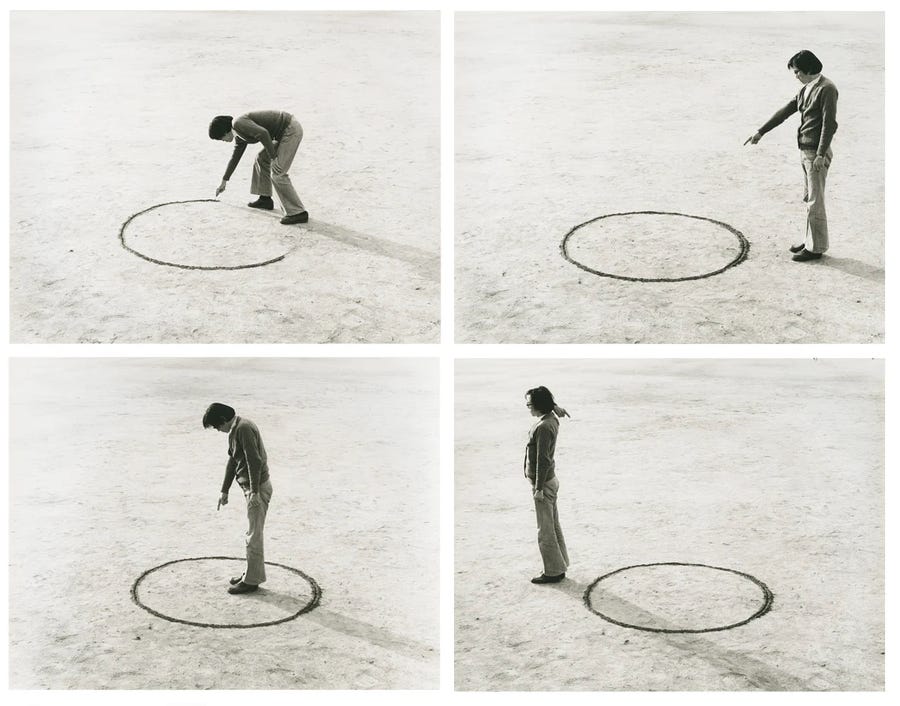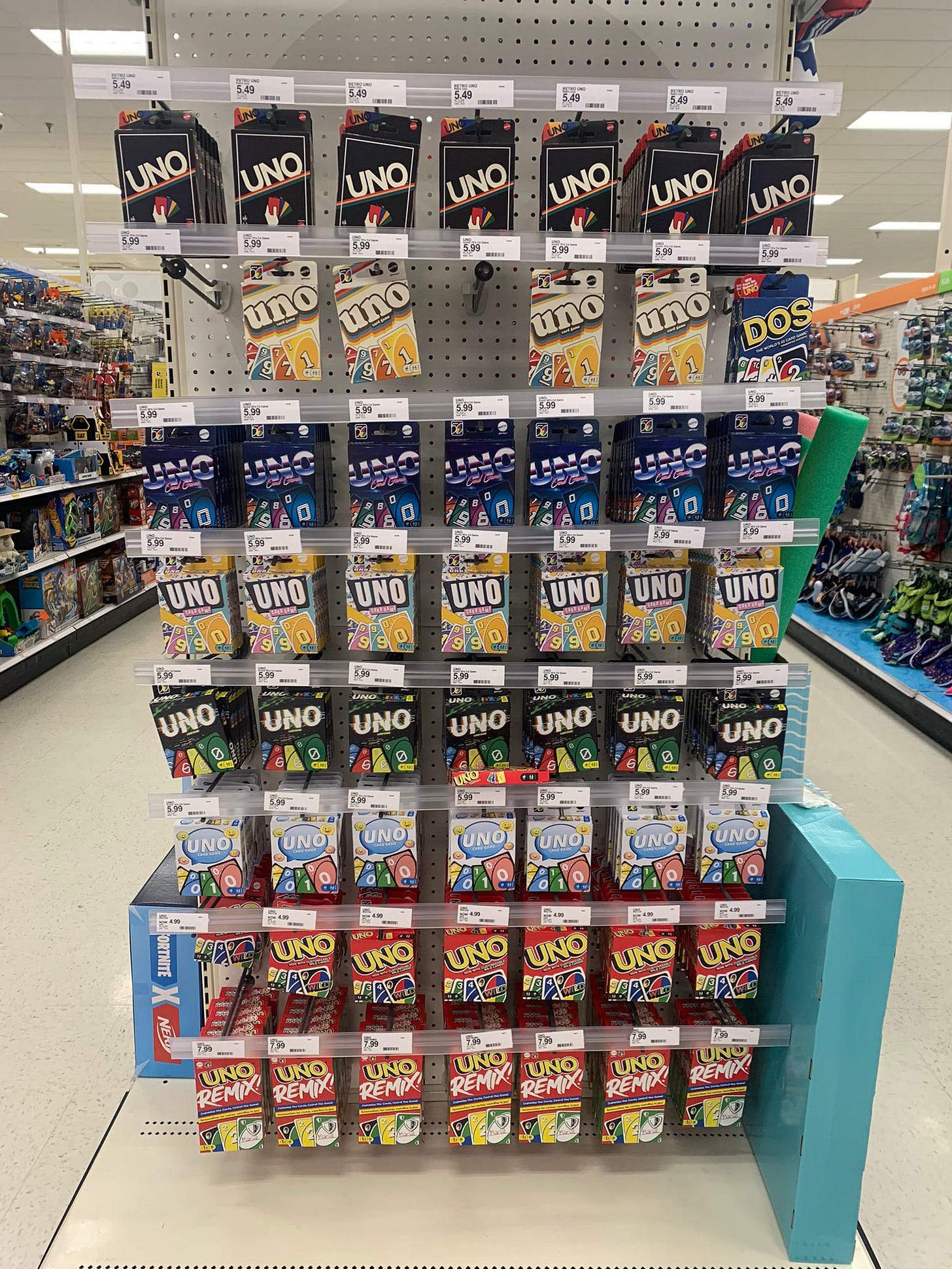STRATSCRAPS_v94
HappyNewYearRememberTimeIsn'tRealButReflectionIsImportant
Hi.
In a perfect world, v100 would have corresponded with the first post of 2023. But the world isn’t perfect. It is an indifferent vacuum of despair and joy. So here we are.
Speaking of despair – I found out today that any email sent to alex@stratscraps (you know, the email I give people to contact me) was likely filtered to spam by Gmail’s “smart” inbox.
I’m working back through them and apologies if I seemingly ignored any note you sent – I promise it wasn’t intentional.
So, new year is off to a good start… Let’s ease back into things.
///
///
Blacksmiths are unique in that they make their own tools
be a blacksmith.
///

///
”Research is simply asking questions about how the world works. And asking questions about how the world works threatens established authority.”
If your research isn’t asking questions that question authority, it isn’t research, it’s theater.
///
///
///
///
The next few are all from the same source
(how to think real good – an article(?) written by someone too intelligent for our world.)
Truth does not apply to problem formulations; what matters is usefulness.
Solve a simplified version of the problem first. If you can’t do even that, you’re in trouble.
Collect your bag of tricks.
Selecting and formulating problems is as important as solving them; these each require different cognitive skills.
Problem formulation requires careful, non-formal observation of the real world.
Meta-level knowledge of how a field works —which methods to apply to which sorts of problems, and how and why— is critical (and harder to get).
///
///
///
I drew this over the break and I’m not sure why.
I think it was meant to guide thinking in one way or another, but was abandoned… I still think the first question for a brief should always be about category involvement though.
///
I had a great conversation the other day that resulted in a few thoughts…
~
The importance of admiration - Who do you admire? It is a unique question – different than “who do you look up to?” or “who do you idolize?” – that forces you to look at qualities beyond output or accomplishment.
I am absolutely a fan of admiration.
And the more I think about it, most people I admire are my “junior” on paper.
~
I’ve written before about “who do we work for?” – although in the past I think I’ve exclusively framed it as “do we work for the client or the brand?”
But the individual I was speaking with reframed it in my mind:
“We work for the idea”
(compared to consulting which works for the strategy).
Felt like a nice balance between “the client” “the brand” and “our own team.”
///
///
What would advertising look like in a world without ad supported media? Can it still exist?
///
Speaking of admiration…
There are a number of substack authors that I admire. I strongly believe that every strategy department should subscribe to these three at least;
I pay for membership to the last two and have been better for it.
I also admire Ben Dietz’s SIC Weekly, The Future Does Not Fit Into Containers of the Past, Blackbird Skyplane (purely for the writing tbh).
People I admire unrelated to sub stack, in no particular order;
Jess Henderson and her book offline matters
Megan Weisenberger for elevating strategic research with Bones
Jim W for that one time he replied “no” to a client asking “just do me a favor” – before they could say what the favor was.
All 3 of my siblings for very different reasons
The people behind agencies like Electric Coffin.
Praveen for continuing to share so proficiently (and for being a major contributor of StratScraps content)
Mark Pollard for continually being an advocate for mental health support in the industry.
Tai K. for making stuff.
Derek Walker for being a constant source
Nailah for leading by example when it comes to taking care of yourself.
Mariah and Julien for working with their hands to make odd stuff.
Dave and Andrew for letting nothing stop them from making the world more interesting.
My wife for doing some good in the world (among many other things).
I’m sure I’ll think of a bunch more once I hit send.
WEEKLY MONSTER
Here are some skulls












Blacksmiths!! I talk about them all the time --
We are like blacksmiths in that we make tools.
We're also like blacksmiths in that we cannot do our job without tools.
This analogy helps me alleviate a lot of the pressure of strategy work.
It's not our job to *know* the answer. It's our job to *know how to find them*.
Just came across your newsletter and I’m loving it. Keep up the great work!